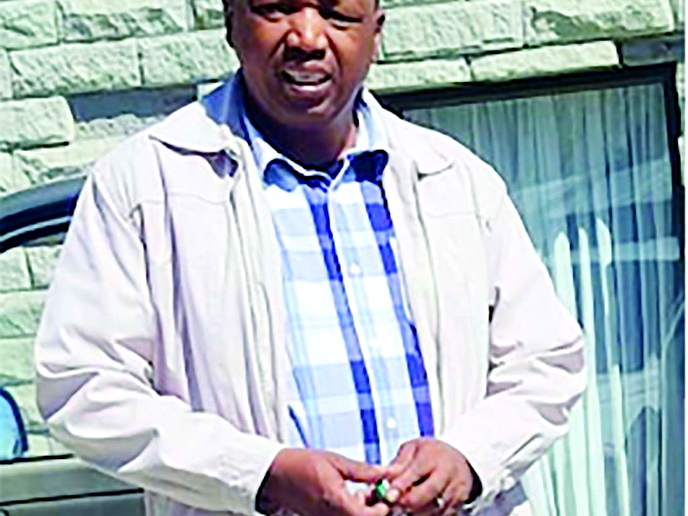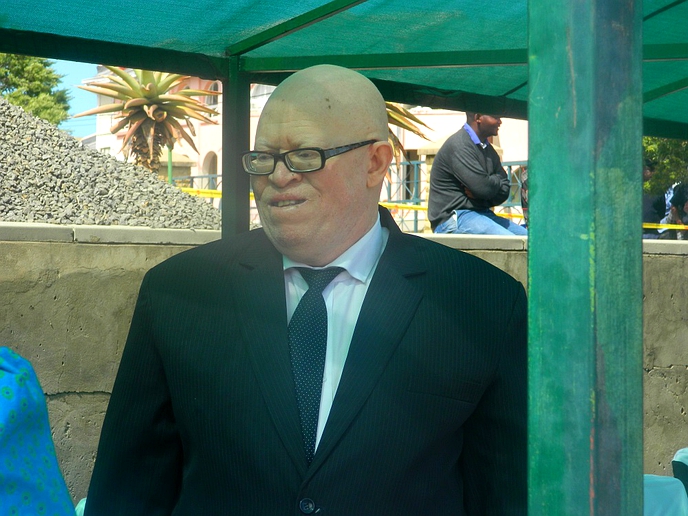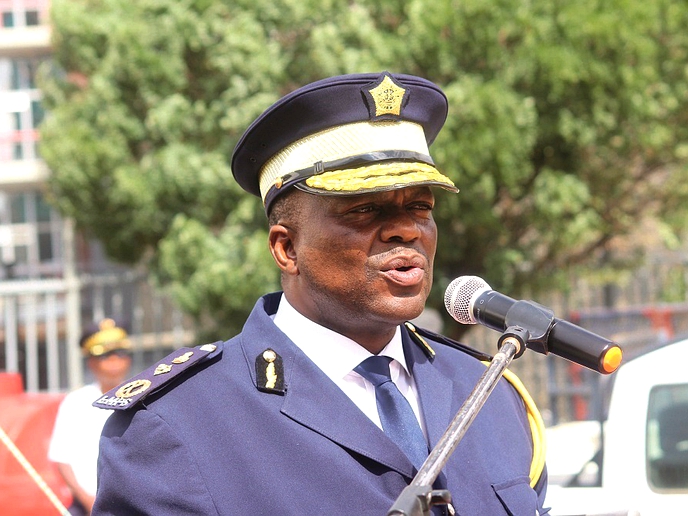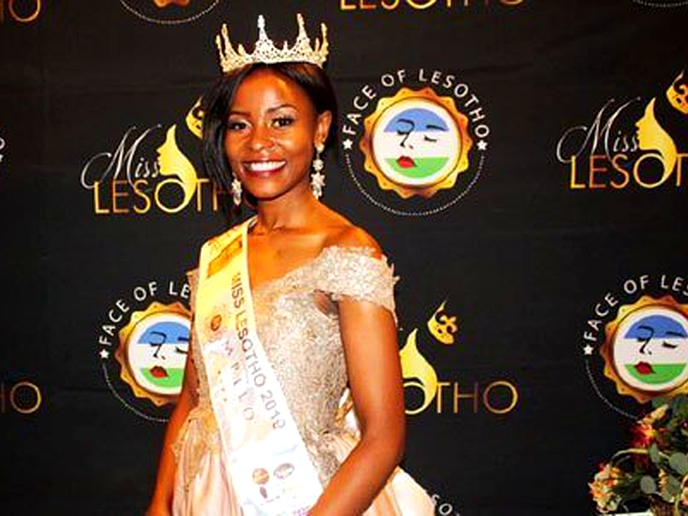MASERU - The issue surrounding the return of the conquered territories of Lesotho, comprising mainly the Free State and smaller portions of the Eastern Cape and Kwazulu Natal in South Africa, is resurfacing even with more force than ever before.
news
Sept. 21, 2019
LAWRENCE KEKETSO
4 min read
Basotho push to reclaim conquered lands in SA
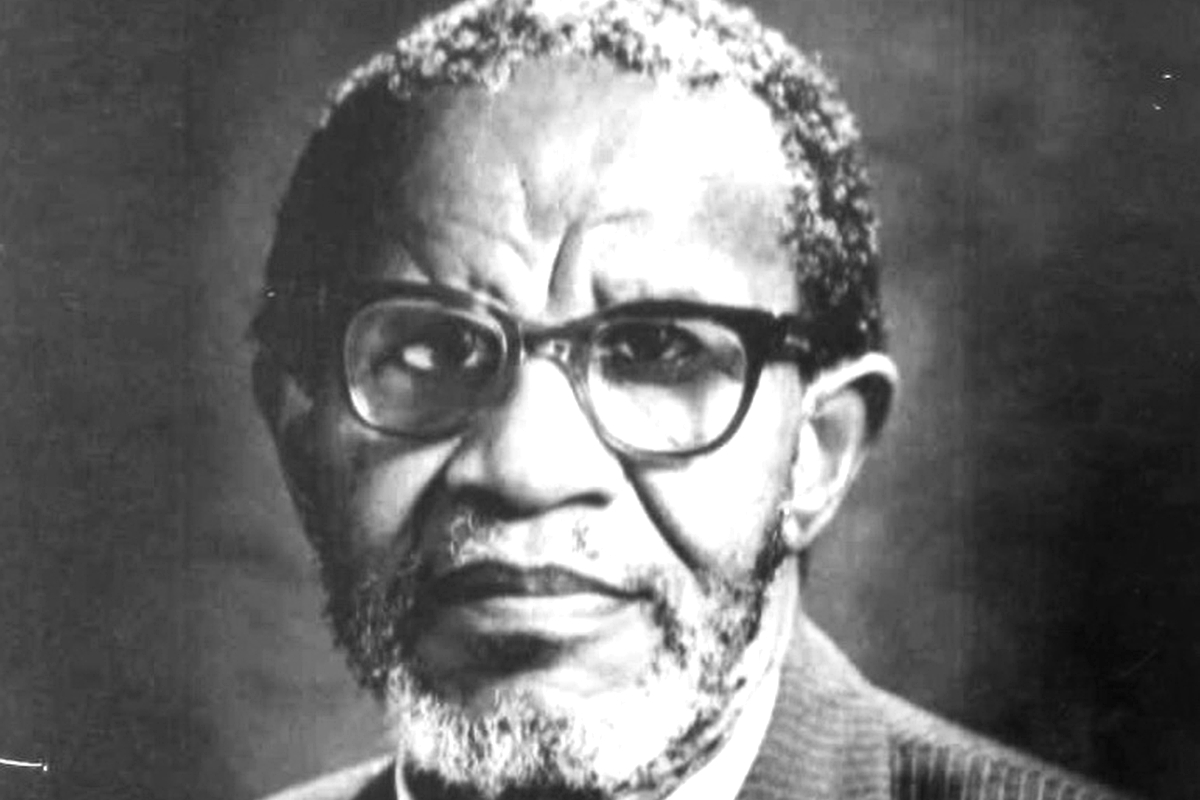
Dr Ntsu Mokhehle
Known as a popular slogan during the pre-independence and the 1970’s political drive by the then main opposition, the Basutoland Congress Party (BCP), the issue was dampened following the 1993 return to multi-party democracy in Lesotho.
It was further silenced by the end of the apartheid regime in SA, which saw the new dawn democracy and the election of the country’s first black president, Nelson Mandela, after decades of white minority rule.
In one of his first trips across the world, Mandela made a courtesy call to Lesotho, expressing his sympathy that Lesotho is landlocked without any access to the sea. He wished Lesotho could have at least a corridor to the sea on the Eastern Cape side. He was responding to a question of whether South Africa could consider relocating Basotho affected by the Lesotho Highlands Water Project (LHWP) into the Free State land. Mandela said unfortunately Free State was another territory and the African Union had already pronounced itself on the issue of conquered territories in Africa.
Responding to the same question at the same press conference, his counterpart, Dr Ntsu Mokhehle said the issue of conquered territory was not his government preference at the time.
With Basotho Lead Petitioners re-issuing their petition to the British government almost a year and a month after the first petition, also coinciding with the United Nations summit in New York, expectations are high the debates around the return of Lesotho land taken by the Boer republicans more than a century ago could take a level higher and even receive more attention from all concerned parties.
“We made it our project and programme that we are not just going to issue the petition and keep silent. We are not just petitioning the Queen of England, but we are also engaging others and we are prepared to fight to the bitter end,” said Mpho Serobanyane, speaking on behalf of the Basotho Lead Petitioners.
Mr Serobanyane said the forum was formed as a non-political and denominational front in order to face the issue through a lens that did not recognise political or other interests other than reclaiming the land that rightfully belongs to Basotho.
“When the British authority reached the decision in 1854, through the so-called Bloemfontein Declaration, Basotho and their rulers were not consulted on the matter, the decision was just imposed on them, so there is no question that Basotho were robbed of their land,” he said.
The forum he showed was mindful of previous attempts to thwart moves for the return of the land and to entice Basotho with the corridor and access to sea, which he believed would not discourage them from their project.
Enjoy our daily newsletter from today
Access exclusive newsletters, along with previews of new media releases.
“We are re-issuing this petition tomorrow (Thursday September 19) and we are also pushing from other angles. For instance we already engaged the UN representative in Lesotho and we expect the matter would be part of the current UN Summit or maybe the next one,” he said adding that as a front, they wanted to see that the 1960 Resolution 1514 (xvxv) of 14 December and the 27 November 1961 resolution 1654 (xvi) are fully implemented.
“These were tested before, we are not trying something new, nothing, decisions were made and should be respected,” Mr Serobanyane said.
He said they would push for the establishment of a special UN task team to prepare a report for the implementation of that 1960 resolution.
The forum he showed was prepared to engage legal experts if things came to a push.
“It happened with Namibia, Angola, Cameroon, Eretria and others, so why can’t it happen with Lesotho?” he asked.
Addressing some of the concerns if the resolution was finally implemented, Mr Serobanyane said Lesotho had laws that defined issues of land such as the Constitutional pronouncement in Section 107 that declare all land belonged to Basotho and held in trust by the King.
“There are other issues that will be discussed as and when that time comes, such as the compensation issues and the developments already done on the conquered land. But, let’s not forget all these were done using the very natural resources found on the land we are re-claiming,” he said, adding he was not at liberty to discuss some of the inner contents of the latest petition.
Most parts of Lesotho were annexed following the wars between Basotho and the Boers in the mid-1800’s and the final invasion saw Basotho forced back beyond the Mohokare (Caledon) River and all their land was auctioned and the final decision was made after the Aliwal North Treaty to bring peace between the warring factions.
As part of the independence drive, Basotho pushed for the return of the taken land and presentations were made with the British government and later with the United Nations culminating into the famous resolution.
Tailored for you



